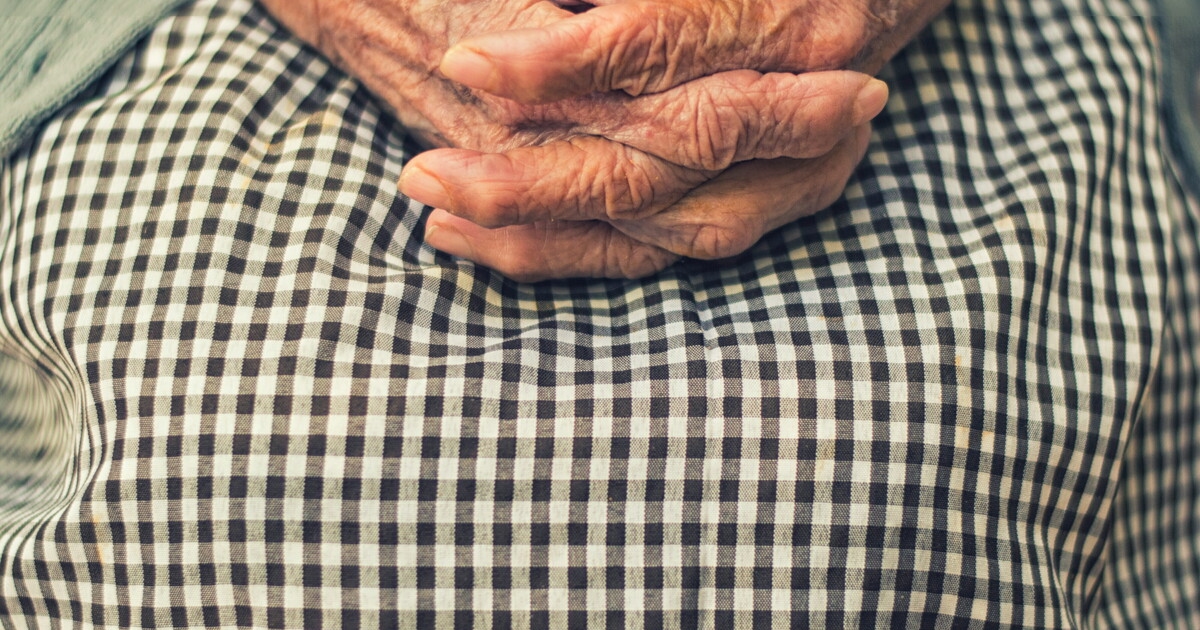AIOM CONGRESS SPECIAL: Every cigarette steals 20 minutes of life, costing the NHS $25 billion.

(by Manuela Correra) Each cigarette takes an average of 20 minutes of life—22 for women and 17 for men—and tobacco-related diseases cause 93,000 deaths each year in Italy alone. The annual cost to the National Health Service exceeds €24 billion. These three numbers alone explain the rationale behind the initiative promoted by the Italian Association of Medical Oncology (AIOM), together with leading oncology foundations (Fondazione AIRC, Fondazione Umberto Veronesi, Fondazione AIOM): a petition drive for a popular anti-smoking bill with the goal of achieving "consumption-reducing" prices by increasing the cost of a pack by €5. The initiative, presented today at a Senate conference on the eve of the 27th AIOM national congress, November 7-9 in Rome, aims to collect 50,000 certified signatures by spring for a law that would increase excise duties on all products—including e-cigs and heated tobacco—to discourage smoking, which is the leading cancer risk factor. With 50,000 signatures collected, Senate Vice President Mariolina Castellone noted, "Parliament is required to debate the proposed popular initiative bill within three months. This is the path forward." The benefits are clear: "With an increase of €5 per pack, in addition to reducing the number of smokers, an estimated €12 billion would be raised for prevention. This," she emphasizes, "compared to a €2 billion decrease last year, according to Gimbe, specifically for prevention." This is not a new battle for AIOM, which today, however, is teaming up with other oncology organizations to implement a request—a cigarette price increase to fund the National Health Service and prevention—supported by 60% of Italians, according to a recent Doxa survey. "In over a year of discussions with government representatives," explained AIOM President Franco Perrone, "we have realized that the government is inevitably caught between different interests that make drastic solutions difficult. We know that in Italy there is a tobacco supply chain with workers, both male and female, and this must be respected, but a reconversion of the sector is also underway worldwide, and 93,000 deaths a year cannot be ignored." In reality, according to Perrone, this health-economic conflict is only apparent, as increasing the price of cigarettes would reduce the burden of disease, freeing up more resources for the benefit of the entire system. And the danger also comes from new devices, as Giulia Veronesi (Veronesi Foundation) points out: "A smoker loses on average 10 years of life compared to a non-smoker, and for young people the danger also comes from e-cigs: initial scientific data shows that electronic cigarettes increase the risk of cancer, lung disease, and cardiovascular disease. Furthermore, the nicotine they contain creates addiction in young people and acts as a bridge to traditional smoking." The position of the large tobacco multinationals also weighs heavily: "We need to dispel the false myths promoted by the industry," says Maria Sofia Cattaruzza of the Department of Public Health at Sapienza University of Rome. "In fact, various international studies show that increasing the price of cigarettes does not damage the economy, does not reduce tax revenue, and does not increase illegal trade." Not to mention that in Italy, excise duties on cigarettes are among the lowest in Europe: they are 3.19 euros per pack, compared to 7.45 in France and 9.92 in Ireland. Two countries that in recent years have introduced significant increases in tobacco prices and in both, the experts conclude, there has been a decline in the number of regular smokers.
ansa




